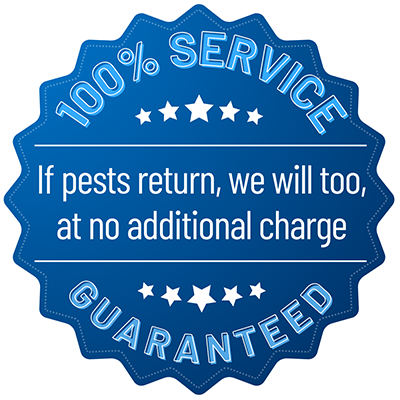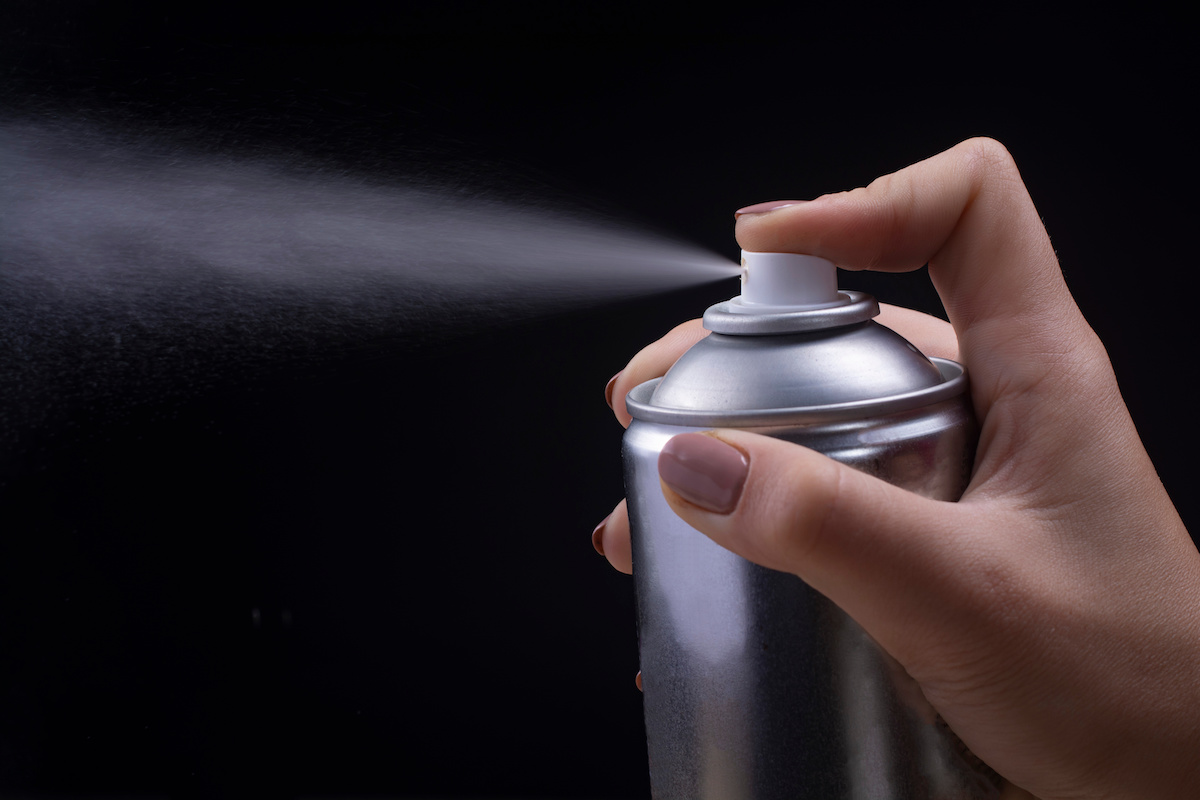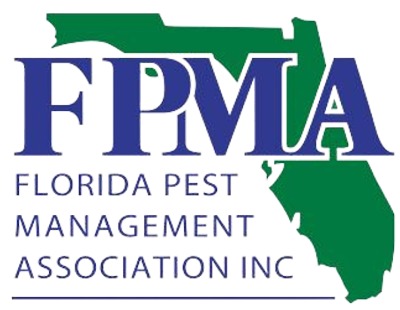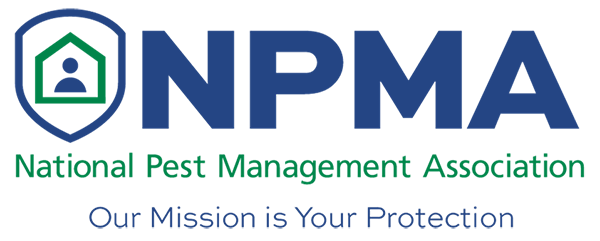
Pest control sprays are used to kill pests in a variety of settings. Many homeowners use pest control sprays because they are cost-effective and easy to use. When you spray, there is a chance that you won’t succeed at entirely killing off the population.
Unfortunately, pests tend to return, often with a vengeance. Despite your best efforts, they find a way back into your home. What do you do after that happens? Keep reading for some helpful advice about what to do after pest control sprays. This is especially useful for those who turn to DIY pest control solutions instead of professional pest control.
Identify the Cause of the Problem: Why did DIY Pest Control Fail?
Spraying pests doesn’t just magically make them go away. It will kill them or drive them out, but it can take time. That’s an important thing to remember as you continue fighting these pests. You have to know why you’re spraying in the first place. However, you also must be strategic about it.
Pests come in many different forms, and each has its own unique way of getting in and out of homes. You have to identify the specific pest that is causing you problems. Once you do that, you can start to come up with a plan to counter that pest. If you’re not sure what kind of pests you’re dealing with, you might want to get an inspection done. An inspector can help you determine what pests are causing trouble and how to best deal with them.
Consider How Pests May Escape
When you have a pest problem, you have to think strategically. Think about what they need to do to survive and thrive in your environment. This is the only way to come up with a truly effective pest control strategy.
If you’re dealing with cockroaches, you have to think about how they get into your home. How do they get inside? Where are they hiding? How do they eat and reproduce? Most importantly, how did they avoid extermination from DIY pest control? Once you have the answers to those questions, you can come up with a plan to stop them.
Revisit Where You Sprayed
If you sprayed in a certain area, you might want to go back and investigate. Go back to places such as the attic or garage. Any place where pests may be living or hiding is a great place to start.
You might want to take another look at the pests you’re dealing with and see if you missed something. After all, it’s possible that you missed something when you were identifying the pest. You may be using the wrong spray for the specific pest at hand.
If you sprayed outside, do a once-over and determine if there are any areas that you missed. Make sure you are spraying in areas such as wood piles where pests like to hide.
When you spray inside, be sure there are no nooks and crannies that you missed. It only takes a very small crack or hole in the wall for pests to hide.
Try Different Types of Pesticides or Chemicals
When you’re dealing with a persistent pest, you might have to use different pesticides or chemicals. You might want to try a different brand to see if it has different effects.
If you can identify a specific type of pest, you will need solutions that successfully work against that pest. If you can’t identify the pest, you might want to try a broad-spectrum pesticide that attacks a variety of pests. This will cover a lot of bases but there is no guarantee it will work.
When you are unsure about the type of pesticide to use, be sure to contact a pest control company with questions. Be careful about spraying pesticides in your home for the following reasons:
- They can be hazardous to your health if you don’t use them correctly.
- They can also discolor or stain your furniture, carpets, and walls.
- If you have pets or young children in the house, you have to make sure they don’t come into contact with any pesticides.
- Pesticides are toxic to humans at high levels of exposure. It’s important to read the directions and information on the pesticide packaging before using any pesticide in your home.
Rotate Your Strategies
When you try a range of DIY pest control techniques and nothing works, you might have to switch up your strategies. This can range from a new pesticide to dumping the DIY pest control approach.
Another example is that you might have to change your spraying schedule. You also might also have to implement new cleaning habits. This is important for keeping cockroaches or ants out of the kitchen. Cleaning up debris in and around your home can also help rid of rodents.
Some effective techniques for DIY pest control include:
- Setting up traps to catch pests as they enter the home
- Inspecting the home regularly to find and fix any points where pests might be entering
- Keeping the exterior of the home clean and tidy, which helps to prevent pests from making it inside
- Keeping gardens tidy and clear of debris, which makes them less attractive to pests
- Using natural pesticides around the home to repel pests
- Keeping pet food off the floor, where it might attract pests
- Vacuum carpets, rugs, and upholstery regularly to keep your home free from debris
Meanwhile, you might have to change the way you store your food or how you manage your garbage. If the pests keep coming back, you have to change something. You might want to contact a pest control company or service and see what they recommend.
Don’t Stress but Consider Professional Intervention
This might sound silly, but don’t despair if your DIY pest control fails. When you try DIY pest control, there is a high chance that pests are going to find their way back into your building, no matter how many sprays you use. Don’t let it stop you from trying to find the best solution for your business. The pest control sprays might not be working for a number of reasons. They might not be the right type of spray for the pest, or they might not be applied in the best way. It might also be that you’re dealing with a pest that you can’t control with sprays.
Working with a pest control company can ease this issue. That’s because the pros know the right type of spray or solution to use for each pest. It takes the guesswork out of the DIY pest control approach for good!
Conclusion
Pest control sprays are an effective and important part of any pest management strategy. They can help you deal with a wide variety of pests, including ants, termites, fleas, and rodents. Unfortunately, pests have a tendency to return, and you have to be ready for that. When pests come back, you have to change your strategy and figure out how to deal with them once again.
Working with a professional pest control company can help rid of pests. Please contact us today for a variety of effective pest control solutions.







